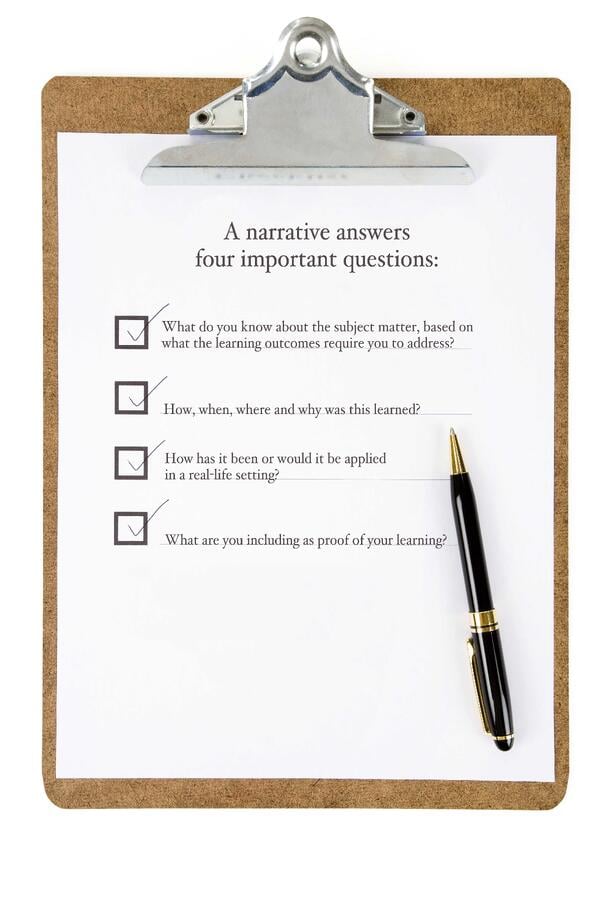
Written by Todd Siben
 By Todd Siben • June 12, 2014
By Todd Siben • June 12, 2014
By the time most adults are in their 30’s, they have probably spent a good amount of time actively engaged in interpersonal communications. This could include:
So, does experiencing these interactions mean that most adult students should be awarded prior learning assessment (PLA) credit for the University’s General Education course, Interpersonal Communications (COM-330)?
Quite honestly, no.

The ideal candidates for using PLA to earn credit for COM-330 are from occupations in which effective communications is part of their job responsibilities. People in such fields as human resources, health care administration, child care, social services, sales, customer relations, union activity and management are among those who would appear to be good candidates for demonstrating a high level of competency in communicating effectively with others. However, competence in interpersonal communication is NOT limited to people in these fields.
Even for those who are practitioners or who have a good deal of “applied” knowledge, every PLA portfolio narrative must include a theoretical component.
PLA portfolios have two significant components: A narrative and a selection of evidence items.
Your narrative should address the learning outcomes listed for the course you plan to challenge. You should clearly articulate college-level knowledge for various categories and skills that characterize strong interpersonal communication skills, such as listening, establishing a rapport, using non-verbal communications, demonstrating empathy and sympathy, competent use of interviewing techniques and speaking clearly. The narrative should also reflect the activities in which you have participated that are directly relevant to interpersonal communications. This connection demonstrates that you’ve acquired knowledge that is comparable to the key principles in this course. You should be able to show how you’ve successfully applied these concepts to real world situations.
Finally, your narrative should refer to evidence including certificates for any courses, seminars or workshops you’ve attended that dealt with interpersonal communications along with the names of any books you’ve read, tapes or CDs you’ve heard on the subject. Note that if you cite books or tapes, you should insert an annotated bibliography that includes a brief paragraph of the value of the book or publication. A simple “list” of books on communications will probably not suffice as “evidence” of your accomplishment in this area.
It’s fair to say that interpersonal communication tends to be “face to face” so communication by e-mail will not generally provide the substance we’re looking for. Also, family dynamics has a role in interpersonal communication but tends to be a very small part of the topic.
Theoretical grasp of the subject is more than just rhetoric, and should be reflected in your narrative.

Most mentors prefer to focus on quality, not quantity. Also, the more relevant anecdotal descriptions you include, the better they will be able to see that you understand the knowledge and how it applies.
So, you’ve learned that even though you’ve lived for 30 or 40 years and have interacted with many people in a number of different settings, you may not necessarily be a candidate for portfolio assessment for COM-330. However, if you have the knowledge, a proper understanding of both theory and practice and the ability to demonstrate college-level knowledge of the course content and outcomes, there is real opportunity for you to earn general education course credit for COM-330 through portfolio assessment.

Written by Todd Siben